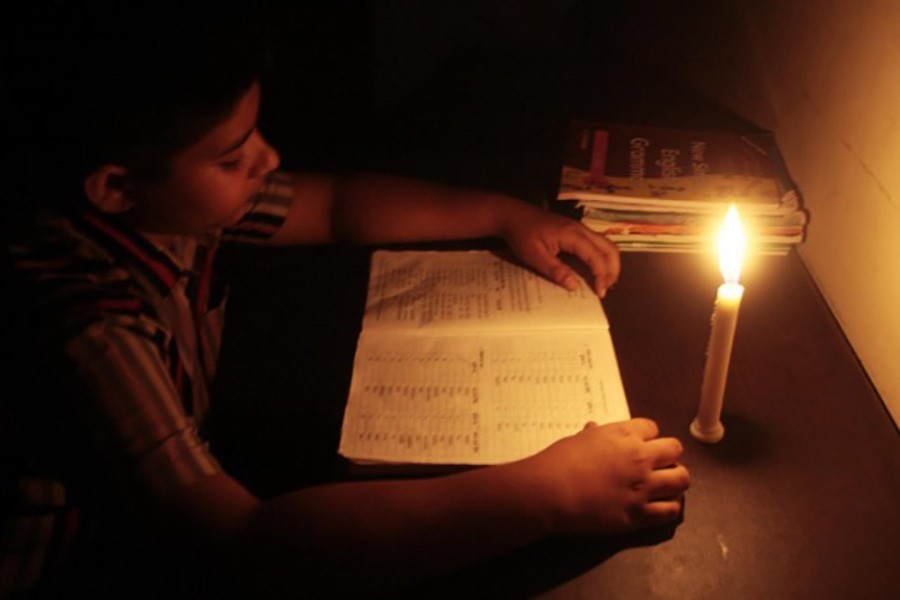Climate change and rising energy prices have highlighted the importance of energy poverty. But what is energy poverty? Generally, it is a dearth in energy, prices, and income. However, the crucial component of energy poverty lies in affording energy resources. Both developed and developing countries face energy poverty in the form of energy efficiency and affordability but energy poverty has dire consequences in developing countries specifically in the regions of East Asia, South Asia, and sub-Saharan Africa. To reduce energy poverty in developed and developing nations, energy services are inadequate and vulnerability factors need to be understood to make policies work.
The contributing factor for energy poverty is a combination of factors such as inefficiency of energy resources, affordability, and income. However, the impact of different dimensions of culture on energy poverty has often been overlooked. Projects implemented by various development aids fail to provide sufficient access to energy resources because technology is replicated and does not consider various cultures in various regions. A recently published research paper co-authored by Dr. Muhammad Shafiullah-a Bangladeshi Associate Professor of Economics at the University of Nottingham in Malaysia-analysed the effect of various cultural dimensions on energy poverty across the globe.
Culture may contribute to energy deprivation in various ways. It impacts the decisions of individuals and households regarding the usage of energy and obtaining clean and safe energy sources. Also, it has been influential in shaping the preferences and attitudes of policy makers' mindsets to create policies that impact energy poverty. Furthermore, cultures that are risk-averse may encourage their citizens to maintain the status quo, and discourage them for citizen empowerment and public discourse that limits creating appropriate policies regarding energy concerns. These further aggravate energy poverty.
There are several identified cultural dimensions that are pinpointed by this study as impacting energy poverty. Uncertainty in the economy leads to households hoarding cash instead of investing in energy consumption. Therefore, energy consumption may increase in the short term but in the long term, it may decrease. Furthermore, power distance makes energy poverty worse. Power distance is an accumulation of wealth and power in societies. Societies with a greater level of power create social stratification, inequality, and a decrease in social trust. A decrease in social trust creates limitations in obtaining long-term loans from financial institutions as the transaction cost rises. Power distance also creates internal conflicts and decreases the level of education which is essential in creating policy on public goods. These factors decrease energy consumption and access to technology to improve energy resources. Moreover, studies have shown that (toxic) masculinity increases energy poverty because they hog the energy resources and leave little to no resources for the other groups. Masculine cultures prefer achievement over cooperation, heroism over modesty, assertiveness over caring for the weak, and tangible rewards over the quality of life. Masculine cultures are considered 'strong' whereas feminine cultures are considered 'weak.' This availability of masculinity interferes in investing technology for energy development and clean energy thus weakening the quality of life.
However, beliefs such as pragmatism and individualism have a positive impact on energy poverty. Cultures that value individualism encourage individuals and their family's welfare. The people are confident and invest in an optimistic future and prepare for current and future challenges. They adopt pragmatic actions such as perseverance and hard work rather than myopic actions that are traditional and conservative. They are also considered to be financially literate because they think about strategies for their firm's survival in the long term and prohibit themselves from borrowing in the short term. Moreover, they place great importance on climate, environmental sustainability, and policies that have implications on energy usage. Individual merit is also valued in individualistic cultures promoting higher human capital. These cultures encourage freedom of speech that is related to energy and environmental matters. Thus, policies are made to cater to the issues, therefore, exhibiting lower levels of energy poverty.
Cultural traits such as power distance, masculinity, and individualism are planted in societies, and policymakers can create policies to cater to these traits for maximum optimisation. Preferences and attitudes are the channels through which cultural traits affect energy poverty. Therefore, policies that include females, minimise power distance, and approach institutions collectively towards policymaking to assuage energy poverty.
As a rapidly developing economy, Bangladesh's societies are facing massive pressures. It is important that societies focus on the cultural traits that improve energy deprivation and discourage those that worsen it such as excessive power distance, toxic masculinity, entitled hierarchy etc. However, cultural traits are immersed in societies, and it will take time to adopt any change. Therefore, policies should be targeted both at micro and macro levels.
At the micro-level, the education curriculum should be tailored for female inclusivity and reduce the stress that prevents them from obtaining the education they need. At the macro level, policies should be modified to promote cultural values that are better for the society such as a balance in power and equality among genders by sharing responsibilities and cooperating. Furthermore, with technological advancement and accelerated globalisation, multinational technological corporations such as Google, Amazon, Facebook etc., can aid in promoting policies and values that benefit societies. This is targeted more towards the younger generation because of their interest and familiarity with technology, therefore, more likely to be influenced by technological corporations.
Mahmuda Begum Meem is an undergraduate student of economics at the University of Nottingham in Malaysia.


